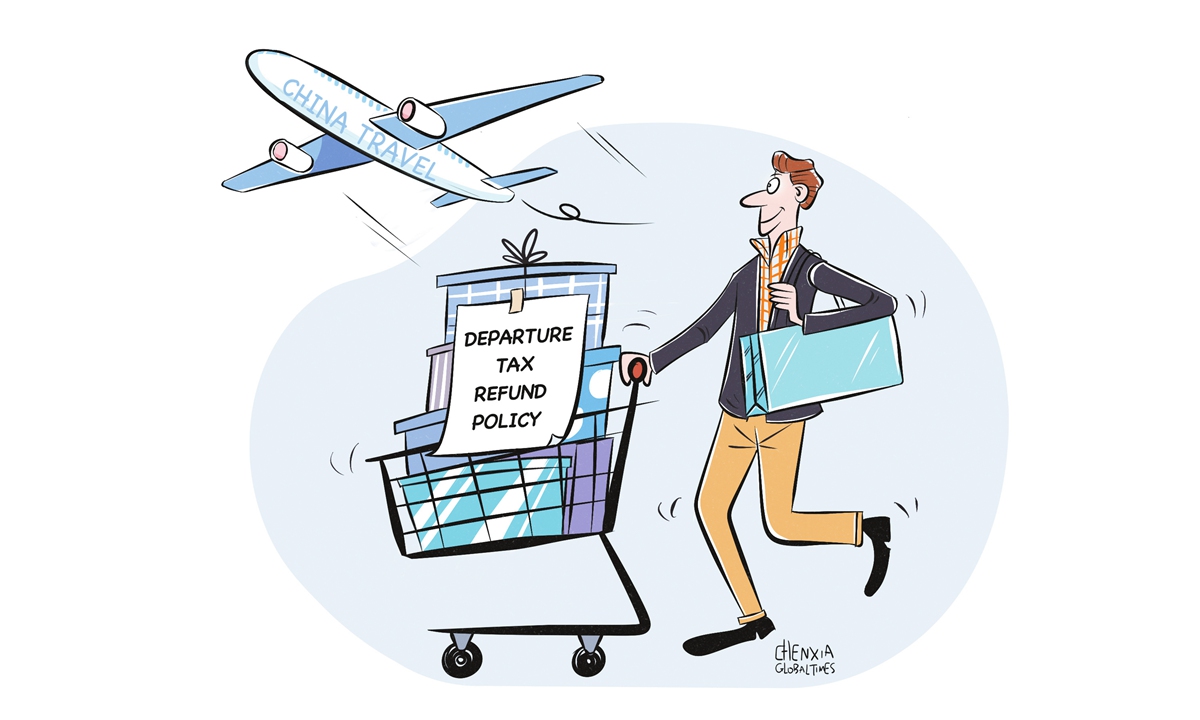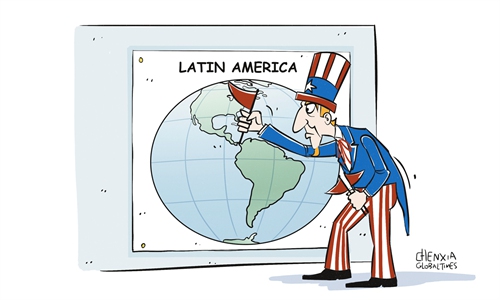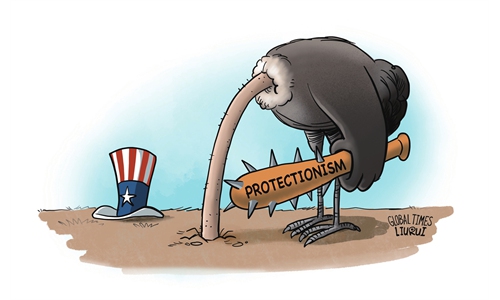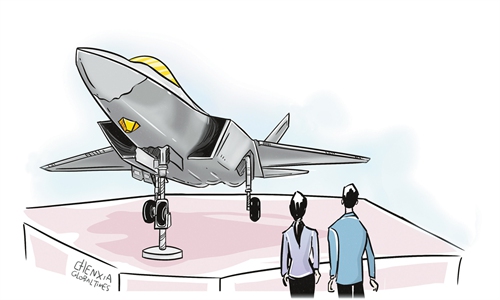Optimization of tax refund policies: further opening-up pledge delivered by China

Illustration: Chen Xia/GT
China issued a notice on Sunday to further optimize departure tax refund policies, aiming to better meet the tax refund needs of overseas travelers, enrich market supply, improve refund services and boost inbound consumption.
According to the new policies, the eligibility requirements for registering as a departure tax refund store will be relaxed. The registration process will also be streamlined, allowing eligible stores to become tax refund stores. Other favorable policies include that the minimum refund point for one overseas traveler in the same tax-refund shop on the same day will be lowered to 200 yuan ($27.45) from 500 yuan.
These new measures are a follow-up of China's expansion of its instant tax refund policy nationwide for purchases made by overseas tourists earlier this month. Different from the past enthusiasm for international brands, more and more foreign tourists are beginning to seek out and purchase Chinese local brands. This new tax refund policy is expected to boost domestic consumption market and take more Chinese goods onto the world stage. Even a French tourist who purchased at a shopping mall in Shanghai marveled that it is much more convenient than shopping at the Galeries Lafayette in Paris.
This upgrade in consumer experience shows how China is enhancing its international competitiveness through institutional opening-up. The adjustment of China's tax refund policy serves as an important window to observe the logic behind China's opening-up. Against the backdrop of the intensified China-US trade conflict exacerbated by the US tariffs, China's optimization of the tax refund policies is a vigorous response to the US' reckless act of unilateralism and trade protectionism. Rather than setting up trade barriers, China's opening-up philosophy is enhancing the international competitiveness of the country's consumer market and provides oriental wisdom for global economic governance in a turbulent landscape.
Some in the West often label China's policies as isolated or insular. But the optimization of China's tax refund policies proves that such opinions are false. Moreover, China's opening-up brings about shared development dividends, while Western countries, particularly the US, only try to secure their hegemonic interests through protectionist means.
It is worth noting that the upgrade of China's tax refund policy coincides with the "China Travel" boom in recent days. China's tourism market is witnessing new dynamics thanks to its visa free policy. In the first quarter of 2025, China's border officers recorded 17.44 million border crossings made by foreign nationals, representing a 33.4 percent year-on-year increase, according to the National Immigration Administration. While travel convenience offers foreign travelers incentives to come to China, shopping will become another highlight due to the new tax refund policy, especially when US tariff hikes that aim to target Chinese goods have made foreign consumers realize the value and importance of Chinese goods.
Now the duo - the China Travel boom and the new tax refund policy - have formed a virtuous circle. The policy is like a magnet, attracting global tourists to shop in China, and the China Travel boom makes the magnetic field even stronger, reinforcing the international competitiveness of the Chinese market and injecting certainty to the uncertain global economy. It also points to the future direction of the global economic governance - not zero-sum tariff wars, but mutually beneficial consumption chains.
As the US moves to tighten its economy by raising tariffs, it is crucial for China to take the opposite approach, Kishore Mahbubani, a former Singaporean diplomat and leading global affairs expert, said recently. "I think China is doing that," he added. Indeed, China is doing that. Faced with a complex and changing international environment, China sticks to the principle of doing its own things well, highlighting its strategic determination to deepen institutional opening-up.
Two options, two fates. While the US abuses tariffs and builds walls around its economy, China further opens up; while the US sows confusion into the world and struggles with domestic economic headwinds, China embraces high-quality foreign investment and the booming travel market. This is the most direct comparison between unilateralism and multilateralism. China displays to the world, via its continuous opening-up measures, that the more it opens, the wider its development path.



